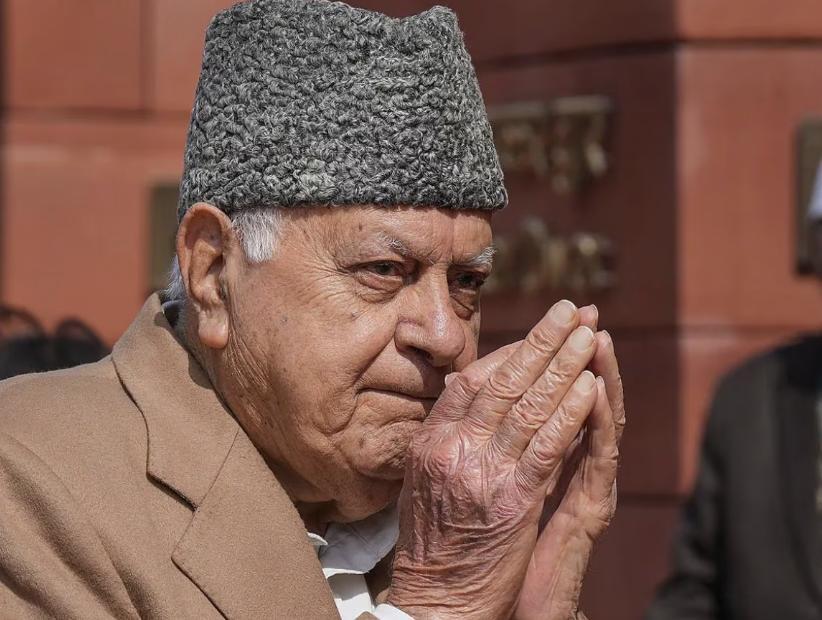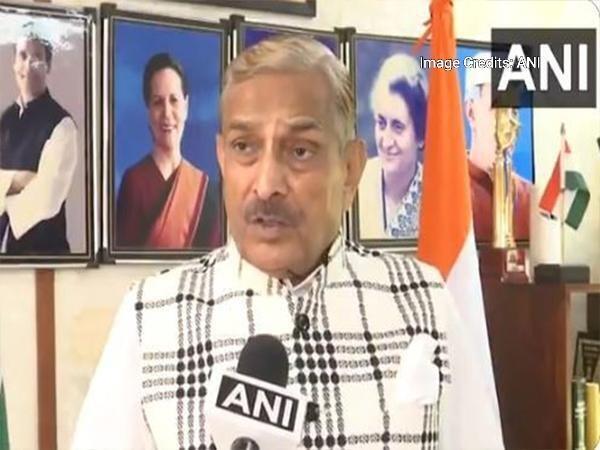
Ex-R&AW chief Dulat claims Farooq privately backed Article 370 abrogation, he denies
In a recent revelation, former R&AW chief AS Dulat has made a startling claim in his new book ‘The Chief Minister and the Spy’, stating that former J&K Chief Minister Farooq Abdullah privately backed the abrogation of Article 370. However, Abdullah has vehemently denied these allegations, terming them as a “figment of imagination” of the author.
In his book, Dulat reportedly claims that Abdullah’s National Conference (NC) suggested that the abrogation of Article 370 would have helped in passing the Bill in Parliament. This shocking revelation has sent shockwaves across the political spectrum, with many questioning the veracity of Dulat’s claims.
For the uninitiated, Article 370 was a constitutional provision that granted special status to Jammu and Kashmir, allowing it to have its own constitution, flag, and autonomy. The provision was abrogated by the Indian government in August 2019, sparking widespread protests and violence in the region.
Dulat, a former Indian Police Service (IPS) officer, served as the chief of the Research and Analysis Wing (R&AW) from 1999 to 2000. In his book, he claims to have had a close relationship with Abdullah, who was the Chief Minister of Jammu and Kashmir at the time.
According to Dulat, Abdullah had confided in him about his party’s willingness to support the abrogation of Article 370. In an excerpt from the book, Dulat writes, “The Chief Minister [Abdullah] said, ‘You know, our party has always been willing to support the Centre on this issue… We have no objection to the abrogation of Article 370.'”
However, Abdullah has categorically denied Dulat’s claims, stating that they are entirely baseless. In a statement, Abdullah said, “I don’t know what kind of figment of imagination the author has, but I can assure you that I never discussed or supported the abrogation of Article 370 with anyone, including Dulat.”
Abdullah’s denial has been met with skepticism by many, who point out that Dulat was a high-ranking intelligence officer with access to sensitive information. If Dulat’s claims are true, it would be a significant revelation, as it would suggest that Abdullah and the NC were willing to compromise on the special status of Jammu and Kashmir.
The controversy has sparked a heated debate about the role of politicians in the abrogation of Article 370. While some have questioned Abdullah’s commitment to the people of Jammu and Kashmir, others have defended him, saying that he was merely trying to protect the interests of the region.
The Indian government has not commented on Dulat’s claims, but sources close to the government have said that the abrogation of Article 370 was a decision taken by the Centre after careful consideration and consultation with various stakeholders.
The controversy has also raised questions about the veracity of Dulat’s book. Some have questioned the accuracy of the book’s claims, citing Dulat’s reputation as a seasoned intelligence officer. Others have pointed out that the book is a memoir, and as such, it is subject to the author’s biases and perceptions.
In conclusion, the controversy surrounding Dulat’s claims about Abdullah’s alleged support for the abrogation of Article 370 highlights the complex and often controversial nature of politics in Jammu and Kashmir. While the truth behind Dulat’s claims remains unclear, one thing is certain – the abrogation of Article 370 has sent shockwaves across the region, and its consequences are still being felt today.
Source: https://repository.inshorts.com/articles/en/PTI/5880e3bf-0a05-40d6-887a-465b5c760b3a






